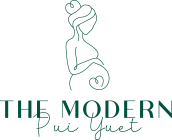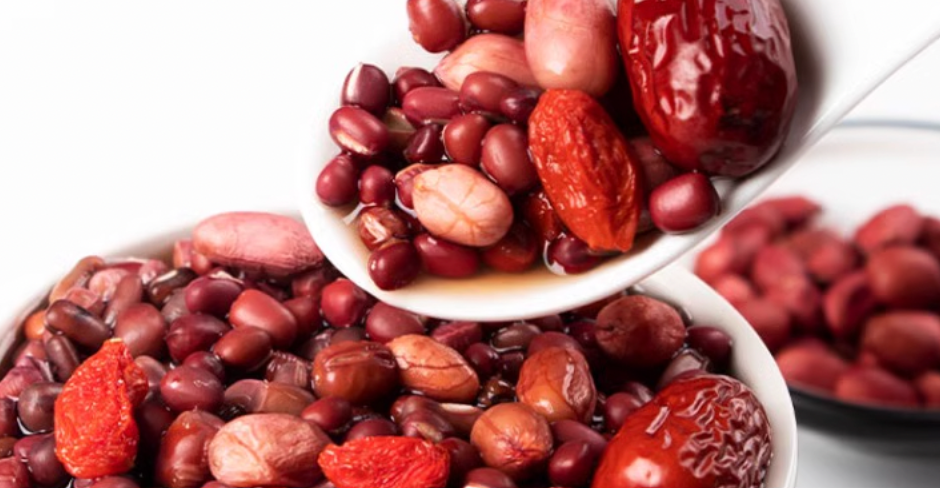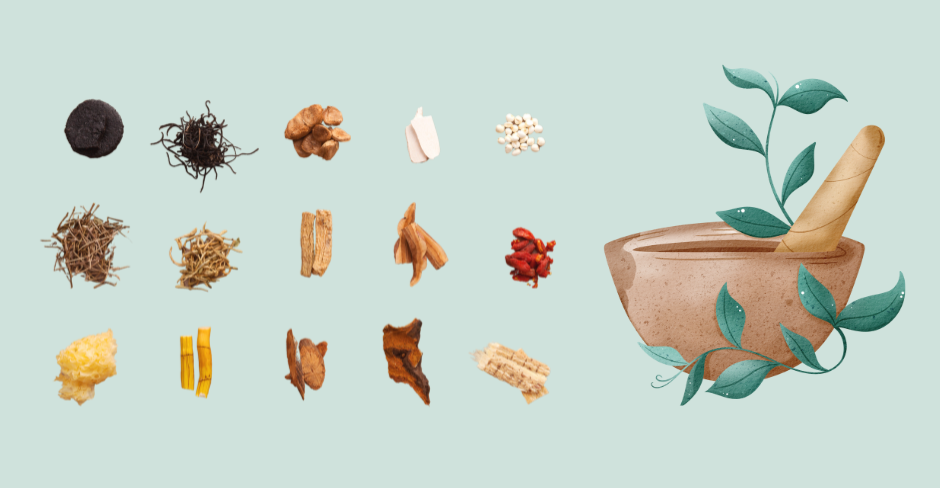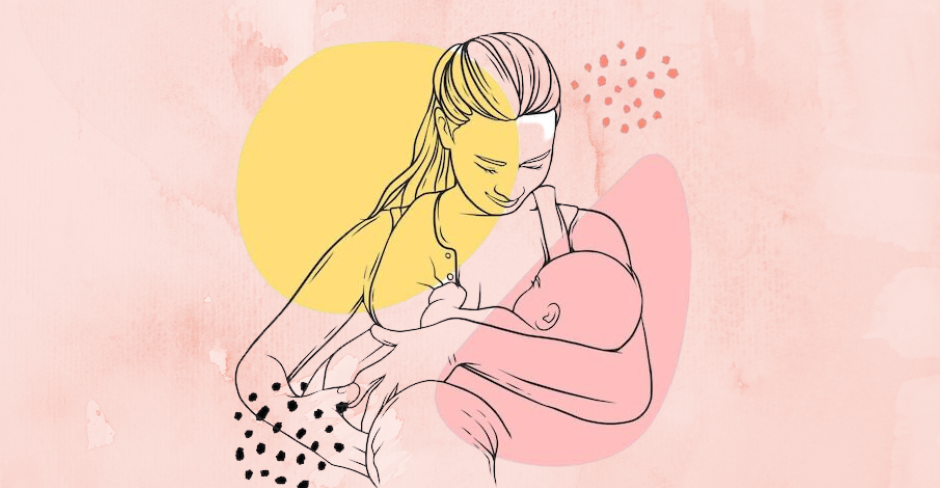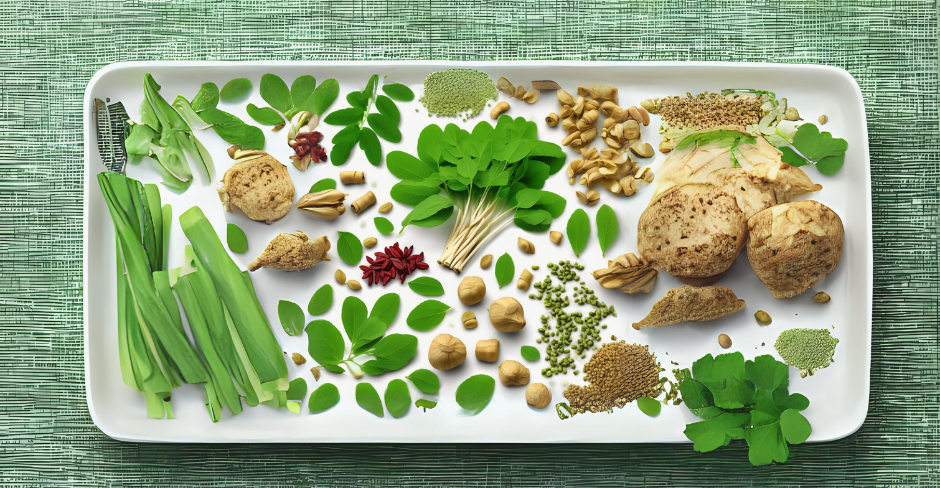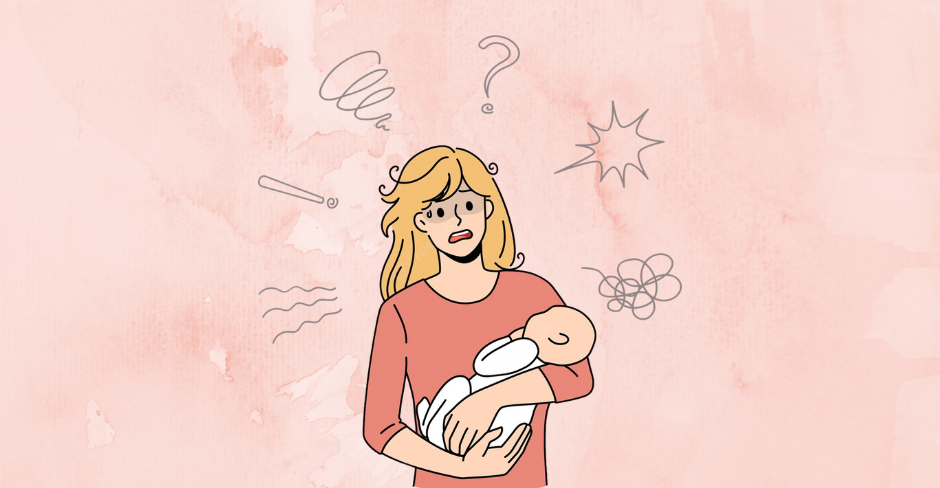
Common Symptoms of Postpartum Anxiety
10th Dec 2022
3 mins read
This new chapter of our lives, becoming a mother – is one of the most beautiful, special and life-changing experiences, but it also comes with its challenges, and stresses and can be depleting, both emotionally and physically.
Hormonal and environmental changes paired with the lack of quality maternal care and postpartum support can have an immense impact on a mother’s mental state and health, leading to a multitude of postpartum mood disorders, anxiety, and even depression.
So what is postpartum anxiety? It’s a description of all anxiety disorders that can occur after giving birth. Think – generalized anxiety disorders, panic disorders, obsessive-compulsive disorders, etc. It’s quite similar to regular anxiety but usually involves an exaggerated, irrational fear, constant worries that something is wrong with your parenting or baby.
Whilst it is completely normal to worry as a new mother, postpartum anxiety tends to be persistent and usually extreme, often involving concerns that are not based on any real threat or problem.
Around 15% of new mothers suffer from postpartum anxiety, and about half of new mothers who suffer from postpartum depression will also experience postpartum anxiety.
Some emotional/mental postpartum anxiety symptoms include-
- Racing thoughts
- Near constant worry about your baby’s development, health or safety
- Feelings of danger or dread
- Sleep disruption/difficulties falling or staying asleep
- Inability to relax or rest
- Always feeling on edge
- Feeling agitated
- Self-doubt about the ability to “be a good mother”
- Constant state of guilt and stress
Physical postpartum symptoms include-
- Sweating
- Chills
- Fatigue
- Hyperventilation
- Increased heart rate/heart palpitations
- Shakiness
- Tightness in chest
- Panic attacks
- Loss of appetite
- Nausea/vomiting
There are quite a few risk factors for postpartum anxiety and one of the most common ones is a history of anxiety or mood disorders before or during your pregnancy. The overlap between depression and anxiety is over 50%, so it’s most likely that if you’re experiencing postpartum depression that you may also be dealing with some anxiety, and vice versa.
While you can’t pinpoint “one thing” that causes a mother to develop postpartum anxiety, there are several factors that can increase the likelihood of experiencing it, which can include-
- Previous history of depression, anxiety or other mood disorders
- Stress around feeding/nursing the baby
- Sleep deprivation
- Hormonal shifts after giving birth (low thyroid, estrogen dominance, low progesterone)
- Societal pressures placed upon new mothers
- Shift in relationship dynamics with your other half
- Pregnancy or birth complications
- Prior miscarriages or birth-related issues
- Baby health issues
- Lacking access to maternal care or postpartum services/care
- Financial strains
There is NO wrong time to ask or seek help. It is the first step to recovery and should always be encouraged no matter what. While so many of us lack access to quality postpartum and maternal care, it can be so empowering to develop self-awareness around what you’re feeling, your symptoms and advocate for yourself with your spouse, friends, family, community and, doctor.
Your MPY encourages you to check in with yourself. Do you feel okay mama, really? Are your symptoms interfering with your happiness and mental health? If so, there is no shame in getting help in whichever way you need it.
You may also be reading this as you have a friend who’s a new mother and you’re feeling worried about her. It can be difficult to know how they’re really doing, many new mothers aren’t always upfront about symptoms due to shameful feelings and overall societal pressures of having it all together, not wanting to place a burden on others, etc. If you suspect something is up then one of the best things you can do is check in with them often and ask how they’re doing. They may not open up (or they might!) to you about their ongoing struggles, but either way, you can show support through simple acts such as bringing them a home-cooked meal, running an errand for them or ordering them some postpartum recovery essentials here. These gestures go further than you think and help new mothers feel supported and less alone.
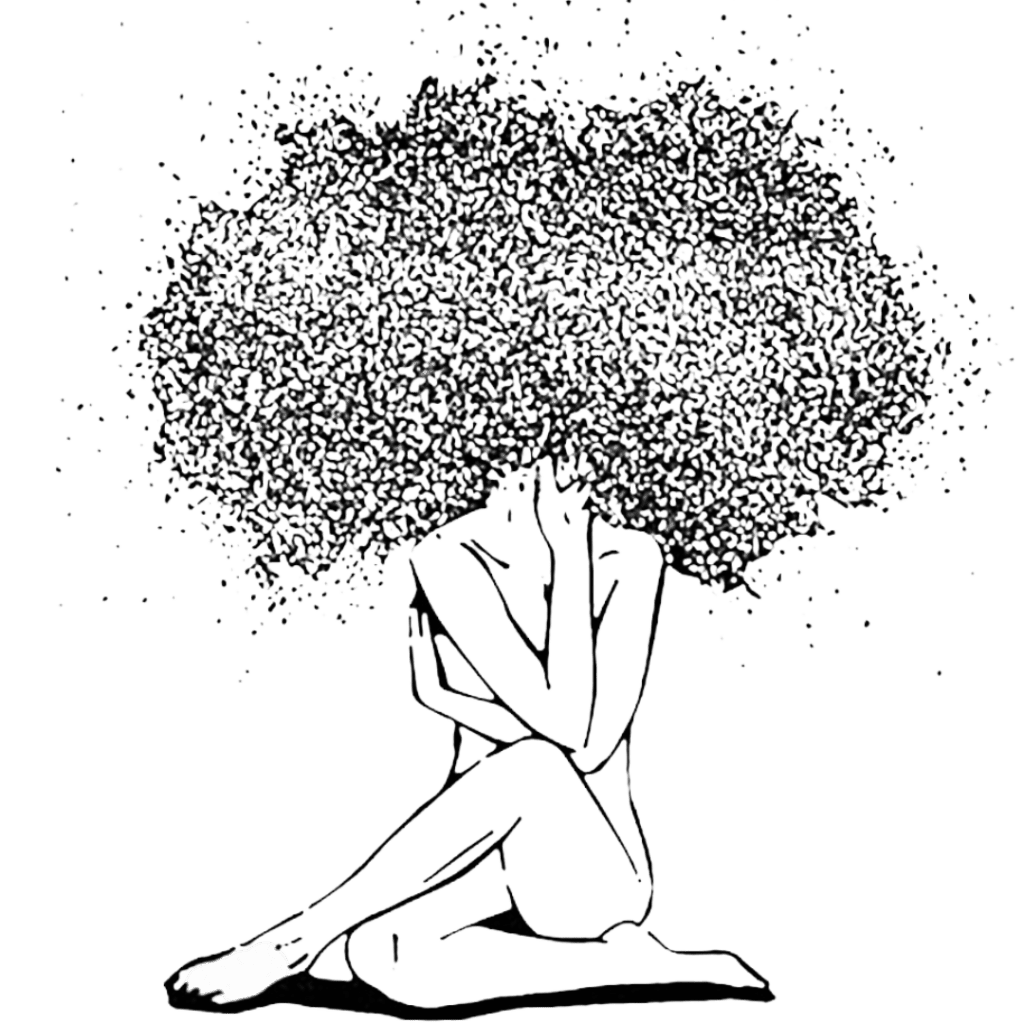

Written by
